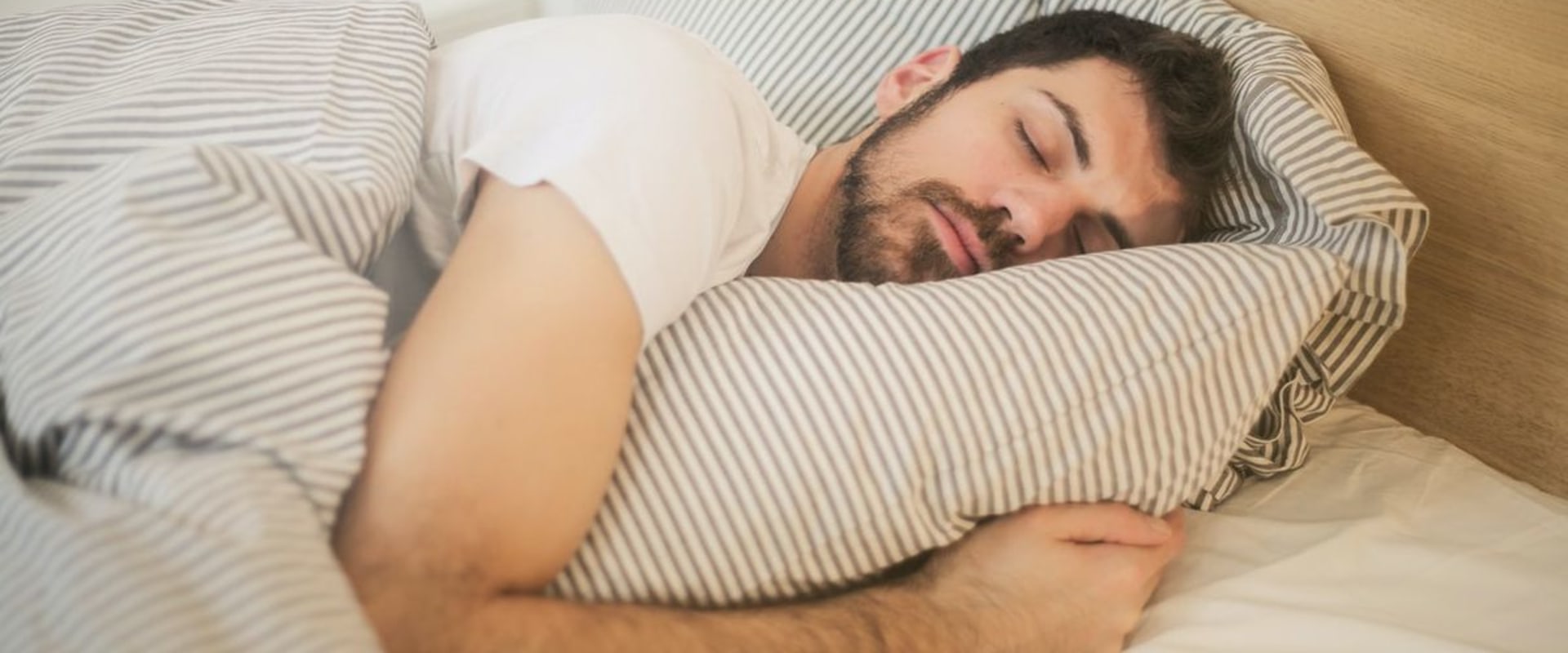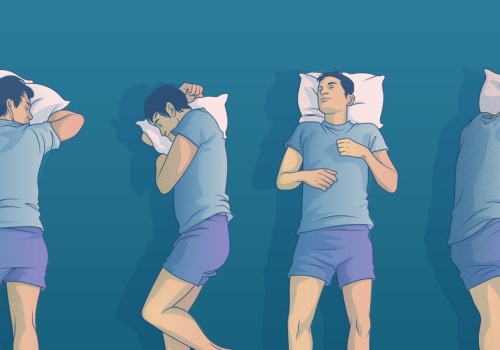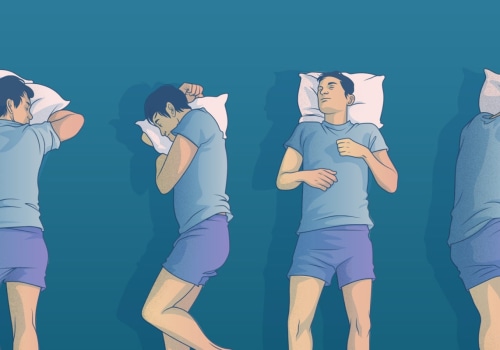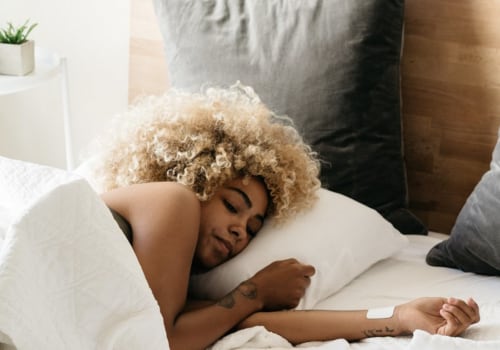Do you ever feel like you don't get enough sleep? You're not alone. According to a recent study, half of the participants reported sleeping less than 6.3 hours per night, with some even sleeping four hours or less. But is this enough? In this article, we'll explore the importance of sleep, the recommended amount of sleep for different age groups, and how to get a better night's rest. Getting enough sleep is essential for a number of reasons.
It helps maintain the immune system, metabolic functions, memory, and body weight. Plus, it's necessary for being at your best both mentally and physically. Unfortunately, some people brag about how little sleep they need, but then fall asleep in meetings or guzzle coffee or Diet Coke all day. So how much sleep do you need? According to the National Sleep Foundation, adults should get 7-9 hours of sleep per night.
Meanwhile, children and teens need more sleep than adults—9-12 hours for school-aged children and 8-10 hours for teens. One study found that sleeping only five hours a night for four nights in a row negatively affected mental performance to the same extent as having a blood alcohol level of 0.06 (.06). Meanwhile, 12 percent of Americans report sleeping less than six hours without consequences. Lack of sleep can cause many significant changes in the body, which can also increase the risk of serious health problems such as obesity, disease and even premature death. Sleeping fewer hours will eventually need to be replenished with additional sleep in the following nights.
Although sleeping four or more hours a night does not constitute complete sleep deprivation, it suggests that not getting enough sleep over a prolonged period affects the brain differently than staying awake all night. Devices such as Fitbits have given rise to a form of sleep perfectionism, which researchers have dubbed orthosomnia, and which can also increase anxiety.
Tips for Getting Better Sleep
Improving your sleep hygiene is an established way to get a better night's rest. Here are some tips:- Go to bed and wake up at the same time every day.
- Avoid caffeine late in the day.
- Avoid alcohol before bedtime.
- Exercise regularly.
- Avoid screens before bedtime.
- Create a comfortable sleeping environment.












Leave a Comment